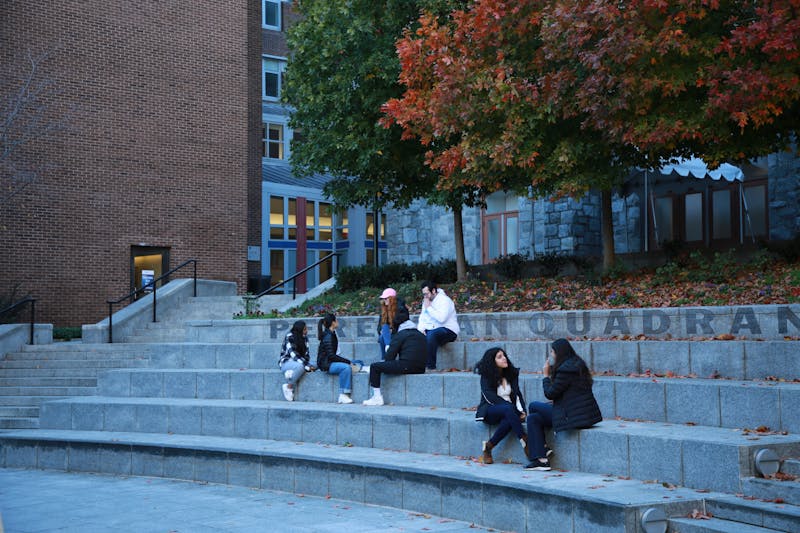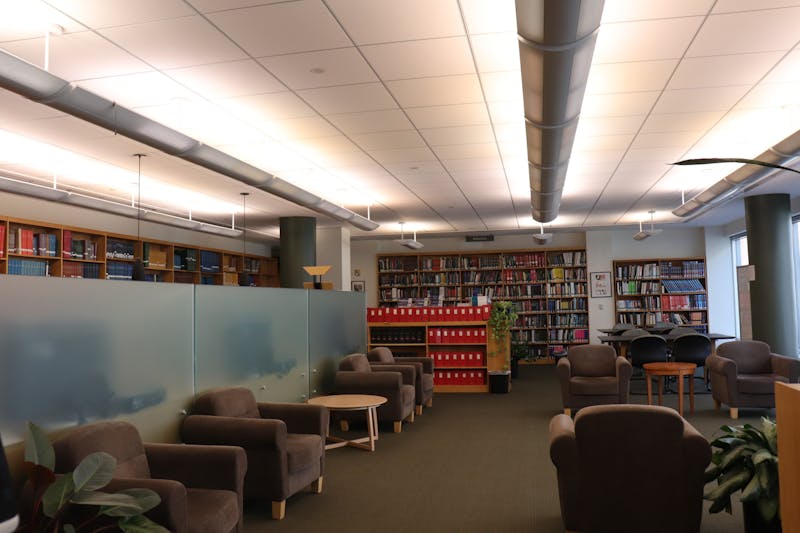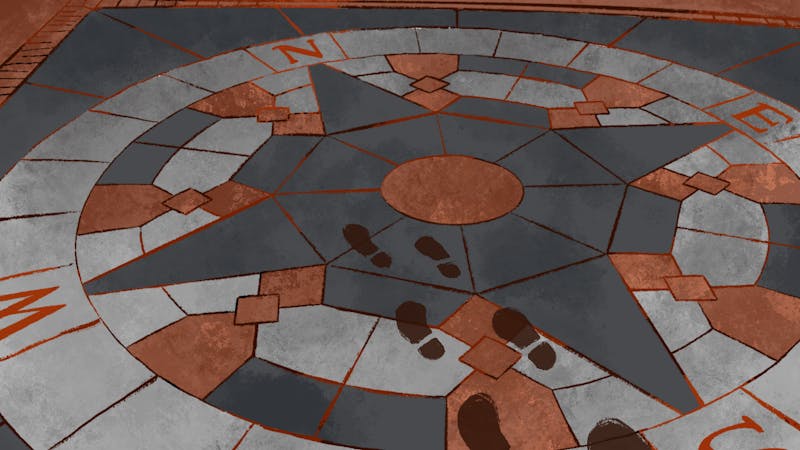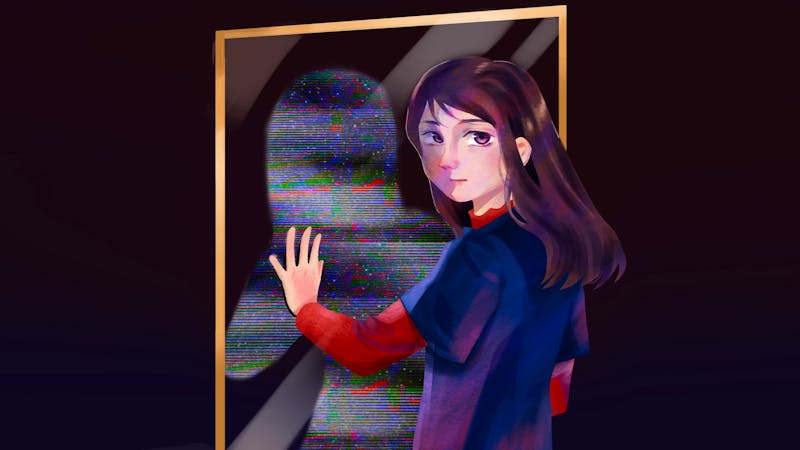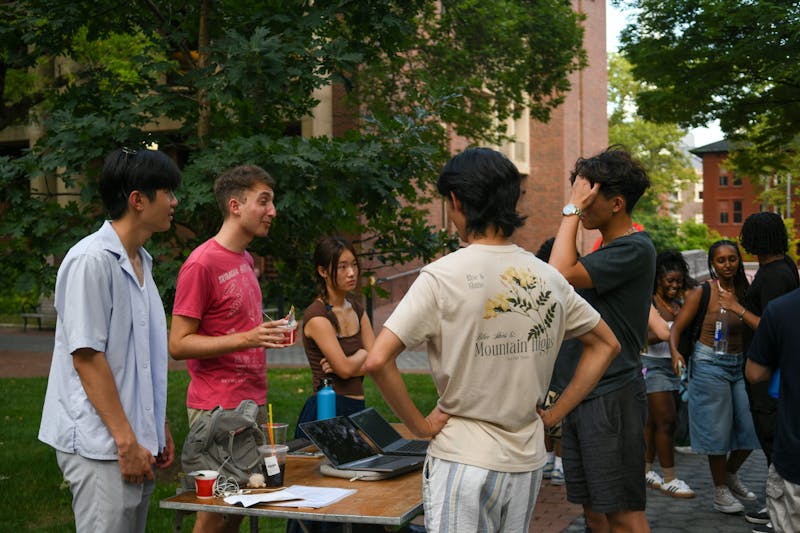
One study would have us believe we are the most depressed university. Ask a Penn student, “How are you?” and expect internship or boyfriend drama at best, existential dread at worst. That pain among us needs no enforcement given the mental health crisis and our tragic campus suicides. What I find unclear, despite the universality of pain, is why we conceptualize it exclusively in negative terms. What does it take to live a life that does not aim at all costs to minimize and suppress pain? What if instead of anesthetizing, we named pain and, dare I say it, cherished it? I know; let me get there.
I am not blind to the unpleasantness of suffering, but I am not blind to its inevitability either. I am horribly touched by deaths of despair, but — borrowing from philosopher Byung-Chul Han — I had the coruscating realization that most of us assume that pain is inherently bad. I am here to respectfully question pain’s demonization.
For instance, why do we assume pain is a weakness? Well, because pain is incompatible with our performance culture. Suffering requires a passivity that is not welcome in the active and social Penn environment where achievement is prioritized. Pain is an enemy to be ejected by medically removing it (pills are a panacea) or, much more frequently, to hide behind a mask (the beloved “Penn Face”).
Our resistance to pain also coincides with the pursuit of likability. We engage in a self-curation process both online (let’s connect on LinkedIn!) and in person (making sure I introduce myself by my major and hometown). Rough edges ruin your impeccable image. Just smooth out everything until it all becomes agreeable and Instagrammable. Nothing is meant to cause pain.
The result? An intolerable reality that pain is a normal condition and may not go away immediately is not merely unimaginable; it is a scandal. Penn turned analgesic. Perhaps American culture more broadly would have me believe that if pain exists, it must be attributable to a clear cause — or even better, a scapegoat — in order to be neutralized.
We should not be surprised that pain consequently becomes inexpressible. If we do not give our pain a language, we cannot give it a space to rightfully exist, let alone to heal.
So what are we forgetting? Han tells us that “what has been forgotten is that pain purifies. It has a cathartic effect.” Inherent in happiness is a certain negativity that is precisely pain, halting happiness from becoming such but providing it with endurance.
Art, for instance, is often the inevitable product of a tortured mind. What the singer in your Spotify Wrapped, the painter of your spring break trip to a museum, and the writer of your five-star Goodreads book all have in common is that their creativity most likely spurred from the pain they could not get rid of.
Additionally, as physicist Carl Friedrich von Weizsäcker reminds us, it is only through pain that we know all the things that are ours, that our foot, our hand, our legs are ours we only learn through pain. Sure. Except none of us would tell this to a suffering friend. All these beautiful words seem insufficient as to the matter of, well, what do we do with this?
What we lack, in my minuscule view, is not a bigger counseling center (although mental health infrastructure is surely needed); what we lack are solid networks of meaning and dialogue to talk about our pain, capture it, and eventually bear it. We will inevitably be desperate until we candidly challenge the underlying assumption that pain equals evil.
For instance, I suspect it is not a coincidence we are simultaneously the “depressed Ivy” and the “social Ivy.” Having the best parties is fun (I know that much), but it is a constant manifestation of ephemeral exuberant happiness. We party to celebrate and to forget. That is part of the college experience but not part of the more complex human experience.
What uplifts us from despair is not seeing other people’s joy and dance moves, but realizing that our problems, our shame, our regret, our despair, our loneliness, our self-hatred, and in other words, our pain, are not a curse like we anxiously suspect. Rather, they exist and reside in the rest of campus, in all of us. Put simply, it is only your suffering that can validate mine. Up close, no one is fully normal or happy. We are all fighting our battles. We just need to realize and normalize it.
If there is one lesson that struggling with grief and suicidal ideations taught me, it is that healing is not the moment when my pain vanishes. My pain will never truly go away. There just comes a day when we acquire the resources and emotional tools to build a life around the concrete walls that pain restrains us to. After all, I am not the first to say mental health is not about feeling good; it is about having feelings that make sense in the context and handling those feelings well.
It is not my intention to portray pain with saccharine reductionism. This topic is too complex to be within my abilities. Yet just because my power is limited does not mean it is nonexistent. The same is true for you. To accept pain means not to reject its impactful intensity. However, to reject pain means to be incapable of living. Pain is inevitable for an authentic existence. All I ask is that you keep this in mind in your daily life next time someone asks you — or you ask — the most perilous unanswerable question of all time: How are you?
FRANCESCO SALAMONE is a Wharton junior studying decision processes from Palermo, Italy. His email address is frasala@wharton.upenn.edu.
The Daily Pennsylvanian is an independent, student-run newspaper. Please consider making a donation to support the coverage that shapes the University. Your generosity ensures a future of strong journalism at Penn.
Donate




